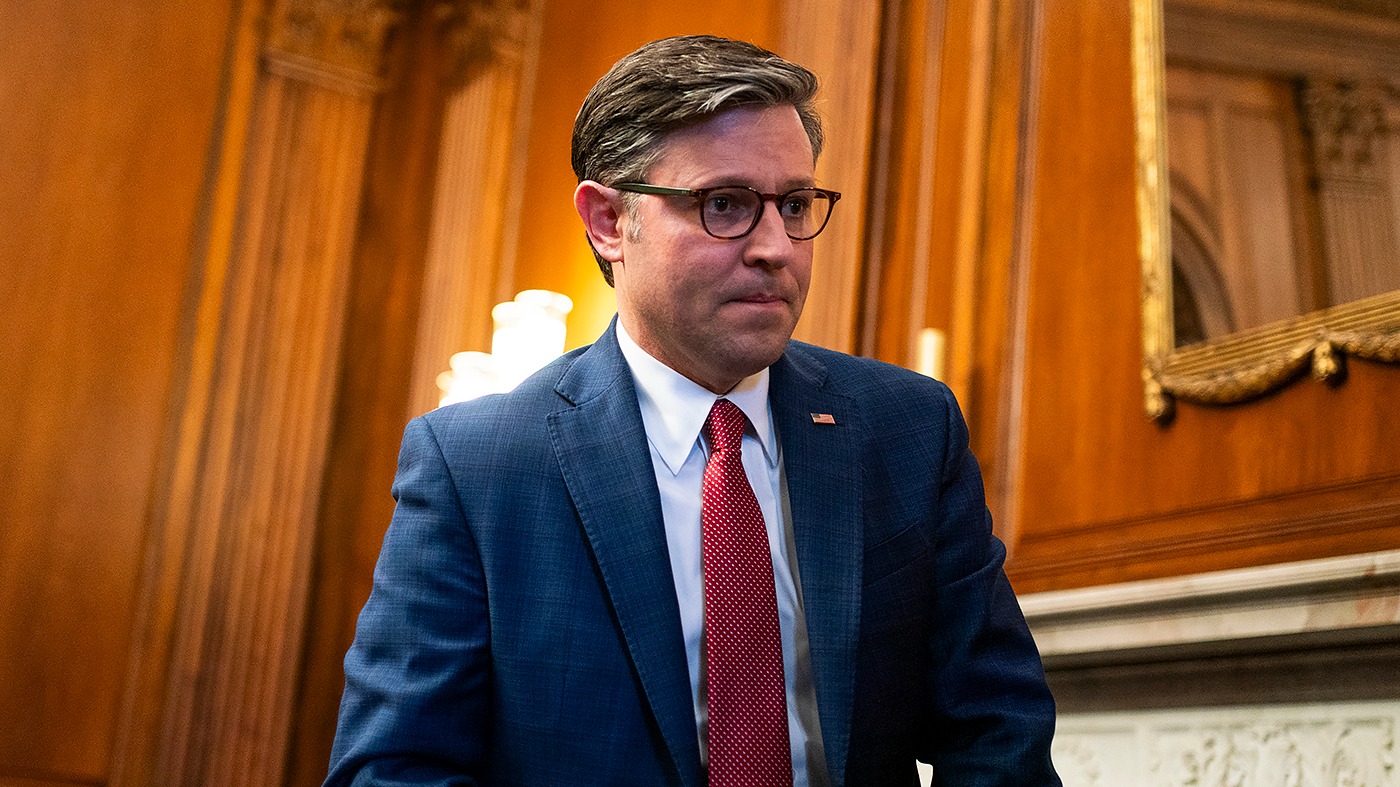House Republicans are making another attempt to advance a bill reauthorizing a national security surveillance program following a recent conservative uprising that derailed similar legislation.
Speaker Mike Johnson plans to introduce an alternate proposal, dubbed Plan B, which would reform and extend a portion of the Foreign Intelligence Surveillance Act (FISA) known as Section 702 for a shorter duration of two years instead of the initially proposed five years. This revised timeline aims to appease GOP critics within the party.
Johnson expressed optimism about unlocking the legislative process despite differing opinions among Republicans, stressing the importance of getting the legislation right for national security.

Speaker Mike Johnson (Credits: Rolling Stone)
While skepticism towards government surveillance powers has grown, particularly among conservatives, some initial opponents have signaled support for the new plan. Representative Chip Roy from Texas commended the shorter timeframe, emphasizing the need to evaluate the effectiveness of proposed reforms.
The proposed legislation allows the U.S. government to collect communications from non-Americans outside the country without a warrant for foreign intelligence purposes. However, concerns persist about potential civil liberties violations against Americans.
To address some of these concerns, Johnson intends to introduce additional legislation next week aimed at closing loopholes that allow warrantless data collection on Americans by tech companies.
House passage of the bill hinges on GOP support, as Democrats have ruled out assisting Johnson in breaking the impasse. Despite the looming April 19 expiration deadline, the Biden administration anticipates operational continuity based on recent court rulings, though congressional reauthorization remains crucial.

Mike Johnson (Credits: Axios)
While Section 702 has been vital in counterterrorism and cybersecurity efforts, bipartisan criticism has prompted calls for reform. Former President Donald Trump, in particular, has raised concerns about alleged misuse of FISA during his presidential campaign, despite FBI Director Chris Wray’s defense of the program’s effectiveness.
Ongoing revelations of FBI misuse, including improper database queries on Americans, have fueled demands for stricter oversight. However, Wray cautioned against measures like a warrant requirement, warning of potential handicaps to national security efforts.
As debates continue, balancing national security imperatives with privacy concerns remains a challenge for lawmakers grappling with FISA reauthorization.























